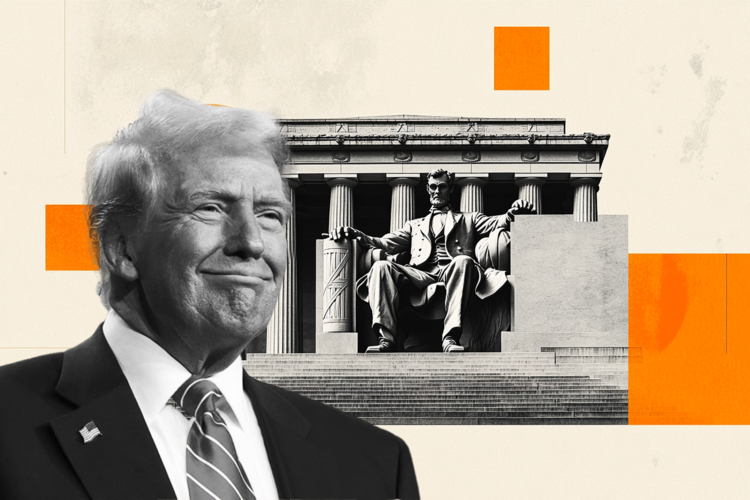Former International Monetary Fund economist Kenneth Rogoff said that governments are far from developing adequate regulation of cryptocurrencies, so they are trying to create their own digital currencies.
Kenneth Rogoff, a professor of economics at Harvard University, believes that legislators and central banks are having difficulty developing regulations governing the cryptocurrency industry. According to him, the authorities are making only minor changes to the financial system or not making them at all. Rogoff called attempts by central banks to launch government stablecoins (CBDCs) “a classic example of government confusion” – they do not know what to do with cryptocurrencies and want to shift attention from them to their own products.
The economist compared the current situation to the emergence of financial innovations in the late 1990s and early 2000s. However, many of the inventions, including financial instruments, were not new. They were imitations of already existing products, but with their own distinctive features, allowing them to avoid regulation and create unfair competition. Most participants in the cryptocurrency industry also believe that digital assets should not be regulated by the government or they can be self-regulated. However, the professor is convinced that central banks will never allow the widespread adoption of bitcoin and other crypto assets.
“One has to wonder why the United States is working on a digital dollar. Because it is possible to achieve improvements in the financial system by making changes. But if the Federal Reserve does it too well, then there could be a wholesale disintermediation, and we will not be ready for this, ”the economist warned.
Rogoff has always been a vocal critic of Bitcoin. A few years ago, he said that cryptocurrencies are used for money laundering, tax evasion and other criminal activities, and are not suitable for making payments. The economist still adheres to this opinion. Therefore, he agrees with the position of the International Monetary Fund, which criticized the legalization of bitcoin in El Salvador and the Central African Republic (CAR).
Source: Bits
I’m James Harper, a highly experienced and accomplished news writer for World Stock Market. I have been writing in the Politics section of the website for over five years, providing readers with up-to-date and insightful information about current events in politics. My work is widely read and respected by many industry professionals as well as laymen.







